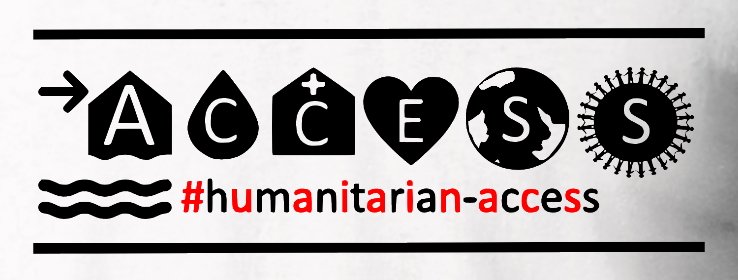Humanitarian AccessHumanitarian Access
Humanitarian access has been envisaged in international humanitarian law for quite a few decades now and is even considered today as a norm of customary law, that is a norm that binds all States in the world even if they haven’t signed the related international conventions. Simply because this rule reflects the practice of the vast majority of States:
“The parties to the conflict must allow and facilitate rapid and unimpeded passage of humanitarian relief for civilians in need […].”
There are however some conditions and limits to that rule:
1. The aid must be “humanitarian” and in particular “impartial”, that is based solely on the needs of the victims, giving priority to the most urgent cases of distress and without any sort of discrimination.
2. States being States, and as such enjoying their full sovereignty, humanitarian access is subjected to their consent – well if it is established that a civilian population is threatened with starvation and a humanitarian organization which provides relief on an impartial and non-discriminatory basis is able to remedy the situation, a party is obliged to give consent.
In practice that means that the fighting parties must not only allow humanitarian aid but also facilitate its speedy passage. But that’s of course not always that simple, to say the least.
If we take the example of Syria, it is clear that the parties to the conflict are not always happy to give their consent. Bashar Hafez al-Assad originally refused the aid and organisations such as MSF had to illegally cross the borders, putting their life at greater risk, but serving the ultimate concept of humanity, whereas the regime in place perhaps privileged too much “military necessity” (see the design “Preserve Human Dignity, Respect the Rules”). In any case, based on that rule and quite some pressure from some States, public opinion, and quite a few moves from the United Nations, access was finally officially granted.
Hence the need for such a design and key message, so that everyone knows and support the need to not only allow but also facilitate the work of humanitarian professionals, and its crucial impact on people’s life and dignity.
To learn more about the balance between humanity and military necessity have a look at the design “Preserve Human Dignity, Respect the Rules.”

